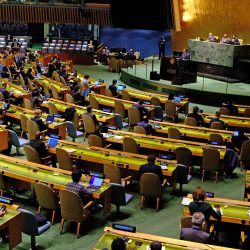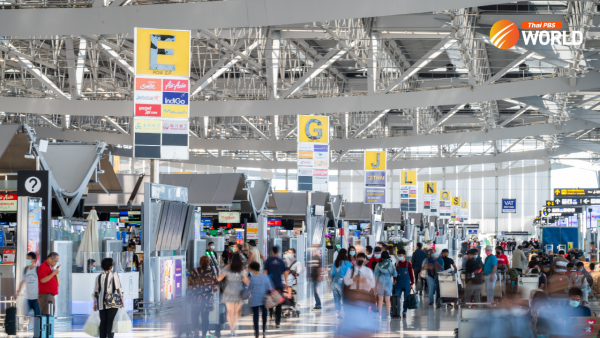CCSA advisor claims Thailand’s daily infections could be as high as 100,000

Advisor to the Centre for COVID-19 Situation Administration (CCSA) Dr. Udom Kachinthorn, claimed today (Friday) that actual daily infections at present may be around 100,000 and this may increase during and after the long Songkran holiday next week, as more people gather together.
Official numbers of daily infections, confirmed by RT-PCR tests, have been recorded at more than 20,000 for weeks, but another sizeable group has also tested positive using rapid antigen tests. Dr. Udom’s estimated figure of 100,000 a day takes into account those who have not been tested and is based on the increasing number of patients on ventilators and with lung inflammations, as well as COVID-related deaths.
Despite this revelation, Dr. Udom said, however, that the government is not preventing people from travelling next week, but he warned that they must strictly comply with basic safety measures, such as wearing face masks at all times, maintaining social distancing and, more importantly, getting booster vaccine jabs, noting that only about 35% of the population have had their boosters, which is considered low.
Dr. Udom dismissed as misleading the belief, held by some people, that getting infected with the virus in order to develop immunity is better than getting inoculated.
He voiced his agreement with the proposal of the Public Health Ministry to replace the RT-PCR test for arriving travellers with rapid antigen tests, citing the low rate of infection among arrivals, compared to locally acquired cases.
Currently, one RT-PCR test is required upon arrival, followed by a self-administered antigen test on the fifth day of arrival. The pre-departure COVID-19 test requirement has been dropped.
The economy must be allowed to move on, but health measures must be in place to prevent the spread of the disease, said Dr. Udom.






